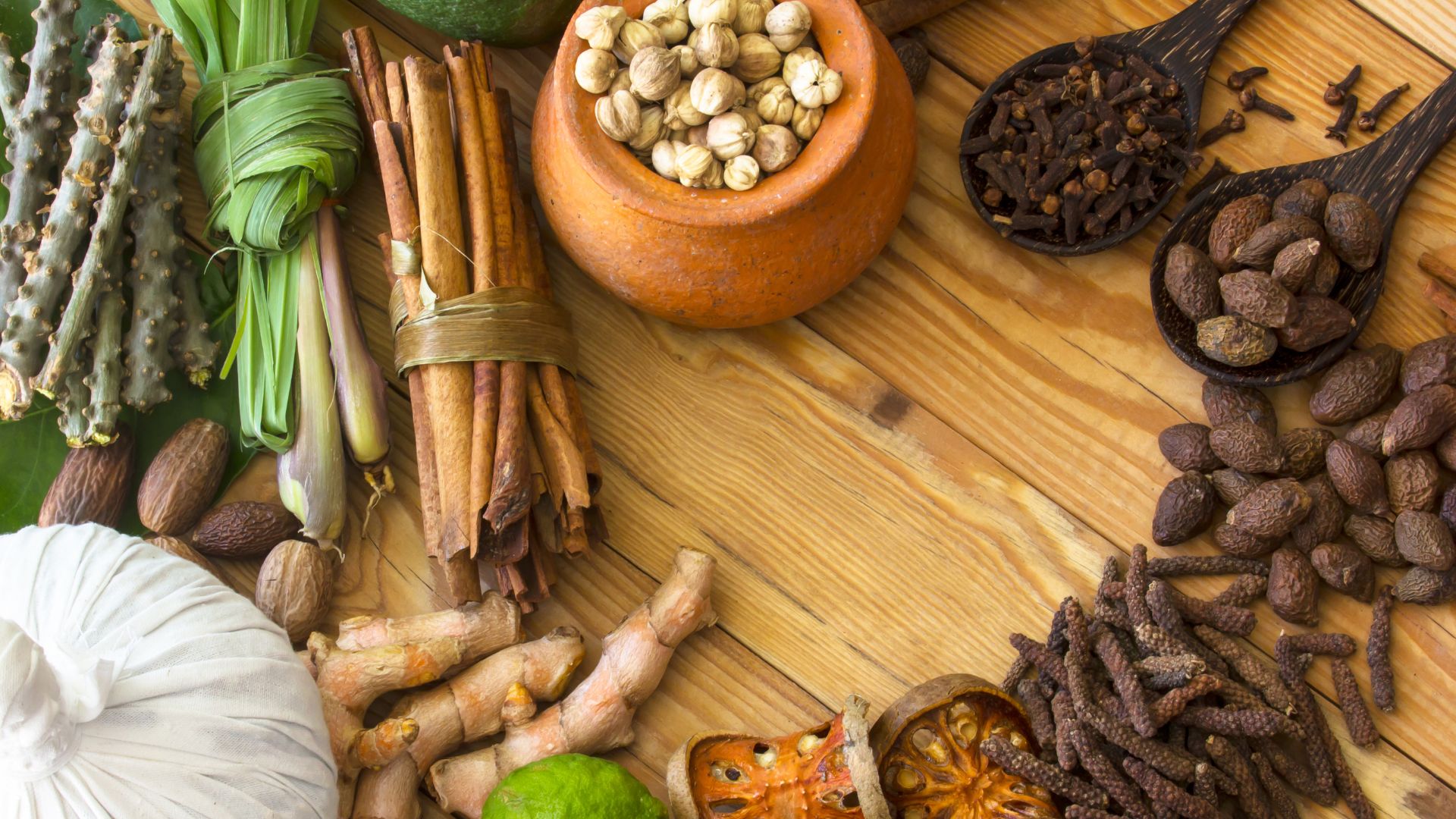Traditional Chinese Herbs: Unlocking Ancient Healing for Modern Wellness
 Introduction to Chinese Herbal Medicine
Introduction to Chinese Herbal Medicine
Traditional Chinese Medicine (TCM) views the body as a dynamic system of energy, balance, and function. At its core are medicinal herbs—used for over two millennia to harmonize internal energies (Yin and Yang), promote Qi (vital energy), and restore health.
Chinese herbs are not isolated substances but parts of complex formulas designed to treat the root cause of imbalance, not just symptoms. Today, TCM herbs are gaining popularity worldwide for their gentle yet powerful effects on immune strength, hormonal balance, digestion, and emotional well-being.
What Are Traditional Chinese Herbs Used For?
-
Boosting immunity
-
Balancing hormones
-
Enhancing digestion
-
Reducing stress and fatigue
-
Supporting organ function (heart, liver, kidneys, lungs)
-
Promoting longevity
 Top 10 Traditional Chinese Herbs and Their Benefits
Top 10 Traditional Chinese Herbs and Their Benefits
1. Ginseng (Ren Shen)
-
Category: Qi tonic
-
Benefits: Boosts energy, supports mental focus, strengthens immunity
-
Use: Decoction, capsule, or extract
2. Astragalus Root (Huang Qi)
-
Category: Qi tonic
-
Benefits: Enhances immunity, protects cardiovascular health, supports recovery
-
Use: Often used in soups or decoctions
3. Licorice Root (Gan Cao)
-
Category: Harmonizer
-
Benefits: Soothes digestion, reduces inflammation, harmonizes formulas
-
Use: Powder, decoction, tea
4. Dong Quai (Dang Gui)
-
Category: Blood tonic
-
Benefits: Regulates menstrual cycle, eases cramps, supports blood production
-
Use: Capsule or tea
5. Goji Berries (Gou Qi Zi)
-
Category: Blood tonic, Yin tonic
-
Benefits: Nourishes eyes, supports liver and kidney function
-
Use: Tea, soup, snack
6. Reishi Mushroom (Ling Zhi)
-
Category: Shen tonic
-
Benefits: Supports immune system, calms the spirit, promotes longevity
-
Use: Capsule, powder, tea
7. Schisandra (Wu Wei Zi)
-
Category: Astringent, adaptogen
-
Benefits: Protects liver, improves stamina and mental clarity
-
Use: Tincture or decoction
8. Ginger (Sheng Jiang)
-
Category: Warming herb
-
Benefits: Aids digestion, alleviates nausea, disperses cold
-
Use: Fresh or dried in tea or food
9. Cinnamon Twig (Gui Zhi)
-
Category: Warming herb
-
Benefits: Enhances circulation, supports the immune system
-
Use: Decoction, tea, formulas
10. Chinese Skullcap (Huang Qin)
-
Category: Heat-clearing
-
Benefits: Reduces inflammation, supports liver detox, antimicrobial
-
Use: Decoction or capsule
How to Prepare and Take Chinese Herbs for Peak Effectiveness
| Method | Description | Best For |
|---|---|---|
| Tea/Decoction | Boiling herbs in water to extract active compounds | Traditional use, digestion, detoxification |
| Capsules | Encapsulated powder or extract | Convenience, long-term use |
| Tinctures | Herbs soaked in alcohol or glycerin | Fast-acting formulas, sleep, stress relief |
| Powders | Ground herbs mixed with water or added to food | Tonics, smoothies, or as directed by TCM |
Frequently Asked Questions (FAQ)
What is the most powerful Chinese herb?
Ginseng is widely considered the most potent Qi tonic, revered for its ability to revitalize energy, focus, and immunity.
Can I take Chinese herbs daily?
Yes, many tonic herbs like Goji berries and Astragalus are safe for daily use, especially when balanced within formulas.
How fast do Chinese herbs work?
Some herbs work within hours (e.g., ginger, licorice), while others require days or weeks for deep, constitutional effects.
Are Chinese herbs FDA approved?
Most are classified as dietary supplements in the U.S. and are not FDA-approved drugs. Quality varies, so GMP-certified sourcing is important.
Where can I buy high-quality Chinese herbs?
Choose trusted suppliers offering transparency, organic certification, and GMP compliance, such as 1st Chinese Herbs.
What Our Customers Are Saying
“I was skeptical about herbs, but after taking Astragalus and Reishi for just two weeks, I noticed fewer colds and deeper sleep. My energy levels have completely shifted.”
— Elena R., Oregon
“Dong Quai was a game-changer for my menstrual cramps. I’ve tried everything, and this is the first natural solution that actually worked for me.”
— Jasmine P., Texas
“I brew Goji and Licorice tea daily now. It’s helped my digestion and stress levels more than anything else I’ve tried. The flavor is comforting too.”
— David L., New York
“I had chronic fatigue for years. With a TCM blend of Ginseng, Schisandra, and Huang Qi, I feel balanced and clear-headed—without needing caffeine or supplements with side effects.”
— Michele T., Washington
?⚕️ Insights from Traditional Chinese Medicine Practitioners
“Chinese herbal medicine is powerful because it addresses the root of the imbalance, not just symptoms. When prescribed correctly, herbs like Huang Qin, Ling Zhi, and Dang Gui can be transformational.”
— Dr. Wei Ming, L.Ac., Ph.D., Board-Certified TCM Practitioner
“One of the reasons I recommend Goji berries, Astragalus, and Schisandra to my patients is their gentle, cumulative effect. They don’t just suppress symptoms—they build resilience over time.”
— Dr. Anika Shah, L.Ac., MSOM
“In clinical practice, I’ve seen incredible results using classic combinations. For instance, Licorice and Ginger for digestion, or Reishi and Zizyphus for calming the mind and improving sleep.”
— Jason K., Herbalist and Clinic Director, San Francisco
“The safety of Chinese herbs lies in the formula—most are not meant to be taken alone. That’s why I always recommend a personalized blend based on the individual’s constitution.”
— Dr. Mingyu Liu, TCM Formulation Specialist
Safety and Best Practices
-
Always consult a qualified practitioner. Especially for chronic or complex conditions.
-
Avoid self-prescribing strong herbs like Ma Huang (Ephedra) or Fu Zi (Aconite) without supervision.
-
Check interactions if taking pharmaceuticals.
-
Choose GMP-certified, lab-tested herbs to avoid contaminants like heavy metals or sulfites.
Conclusion
Traditional Chinese herbs remain essential in modern wellness for their proven ability to gently restore balance and vitality. With quality sourcing, proper use, and expert guidance, these timeless remedies can enhance immunity, calm the spirit, and promote long-term well-being.


